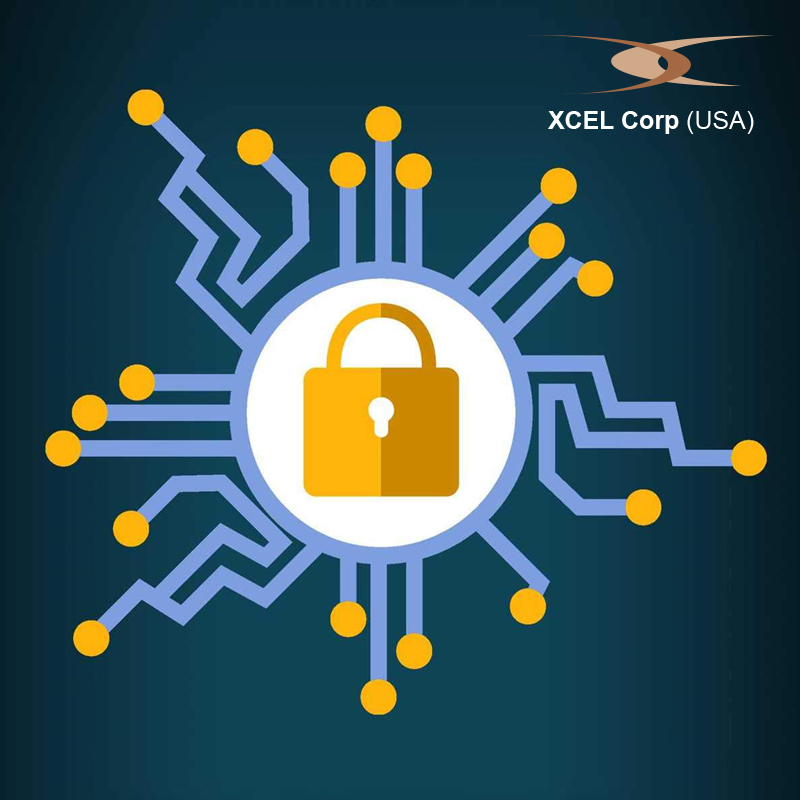Last May, the European government passed the GDPR or General Data Protection Regulation, which had just a fair toll on business practices across the United States. The state legislature subsequently, passed the CCPA or California Consumer Privacy Act that was signed in the month of June, by Governor Brown that outlines provisions similar to those present in the GDPR. In effect, this applies to all companies that encompass a significant size of the business in California till January 2020. This way, a new era of protection for U.S. Consumers has evolved with California leading the way just the way it did for auto pollution regulations.
Designed to specifically empower the consumers, the GDPR and CCPA, both in many ways similar but not necessarily identical, stop companies from gathering personal data. In addition, consumers can also review all the private data that a company has collected just as they can also request deletion of stored data. But again, both these regulations also direct that the individual and not the company that profits from it is the ultimate owner of the personal data.
Consumers, researchers, law-makers, politicians and consumer rights entities are all hinged on the issue of privacy. Now, once again, in 2019, privacy remains at the forefront, especially where location intelligence, facial recognition, and data sharing are concerned. In most instances, privacy is a distant dream and ultimately we are products and not customers. The stark reality, even as the average consumer is reeling under the advancement of technology, is that social media drastically depletes privacy without the requirement of any despicable forces. Privacy is compromised even through the simplest things that an average consumer does.
Instances of privacy breaches
Tracking on the web
You’ll notice that commercials are following you from site to site that is filled with products you may have been looking at earlier, when you browse the web, for even a small amount of time. This is because website cookies are used to track your web browsing activity through data algorithms inserted into your browser. Other techniques also include account tracking modules that are used to track your movements on the web. To curb dissipation of private data, as mentioned above, the European Union has introduced norms to inform users that cookies are indeed being used and anything online involves transparency. The consumer is cautioned to delve into the privacy settings of apps and web browsers so that you get the level of privacy that you wish.
Collecting Data
There are a variety of internet services that follow you real-time and collect your browsing data. Your computer and router MAC address are also shared with third-party advertisers. Even when the consumers do not have direct interaction with these companies, good profiles are built up of their web browsing habits. This attribute now extends into mobile apps as well, when users access their phones for contacts, numbers and other deeper functionalities. Even locations are trailed in real-time through services such as Google Maps. Unfortunately, individuals potentially surrender their privacies in order to accept these free services and apps.
No security
Some websites and online services do not come with adequate security thus augmenting the risk of a breach because some data is still left flowing between the web server and computer. For example, using HTTPS instead of the older HTTP web communication standard comes with an encrypted connection between both the points. Otherwise, data is easily stolen and hackers tend to infringe upon privacy even leading to identity theft. It is best to utilize encrypted connections with the help of upgraded cybersecurity software.
Everything seems connected
Futuristic technology and IoT definitely pose a threat to privacy when everything is connected and online such as fridges, smart TVs, thermostats, speakers, etc., since they lack the security standards. This is because the devices may not possess encryptions to the servers powering their smart features. Furthermore, as they are ripe targets for cybercriminals, they may be susceptible to hacking. Even smart devices that are meant to respond to specific queries, are actually listening to you all the time. Whether deliberate or not, this is most certainly a massive breach of privacy. To ensure that smart devices stay secure and do not compromise the position of the users, more standards and regulations are being applied. Data is collected in a way that it does not infringe the individuals’ privacy.
Utilizing public Wi-Fi networks
It can be easy to plow through mobile data allowances pretty quickly with the number of things that smartphones are capable of achieving. We are more often tempted to log into public Wi-Fi hotspots, that are weak and do not come with any type of security or encryptions. Hackers can easily snoop upon the data that is flowing between the web and the hotspot. There are also some open hotspots that come with a web portal that enforces login through Twitter and Facebook. This also means that personal data and details are open to email spams.
Government monitoring
Citizens cannot browse privately when governments carry out online surveillance. Especially in the UK, the government can legally spy on individual browsing histories and internet usage of citizens through the Investigatory Powers Act. If they suspect that the individual is involved in criminal activity, the government holds a right to breach private information. The same act also forces internet service companies to hold customer metadata for a period of at least 12 months. This, according to their management, is meant to stop organized crime or even help combat terrorism.
Social media networking
It is not unknown for stalkers to go through open Facebook information to gain personal details of individuals, their current city of residence, photos, phone numbers, and much more through their social media activity. Social media posts coerce individuals to tag their locations allowing everyone to know their whereabouts with absolute accuracy. Of late, privacy settings have been boosted to limit dissipation of personal data only to friends or other desired people.
While the above are just some instances of a cyber-breach there are a number of refreshed threats that appear every time that needs to be addressed with due cybersecurity measures.
Resolving cyber-security issues
For companies to run bravely and to restore confidence in their operations, XCEL Corp incorporates cybersecurity measures that will minimize internet risks. We turn cyber hazard into an opportunity and manage the journey efficiently through appropriate strategy and governance. Our professionals design modules so that you can operate assertively without any crippling disruption from any cybersecurity events. While providing end-to-end security service and solution offerings in digital media, XCEL Corp’s cybersecurity encompasses a holistic approach to provide round-the-clock security utilizing state-of-the-art technologies. Our detection services include the following:
- Data collection to identify latent threats and to address any risk or vulnerability in the nascent stages itself
- Discover security flaws at endpoints, network and application and user behavior with the help of specialized threat hunting expertise
- Successfully addressing system policy changes and compliance violations while providing 24 / 7 security monitoring



